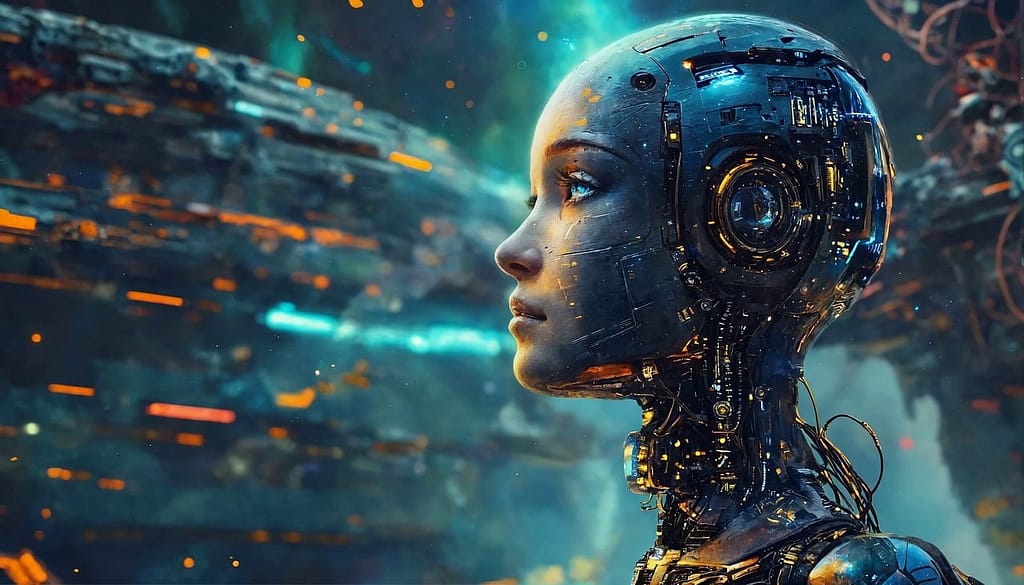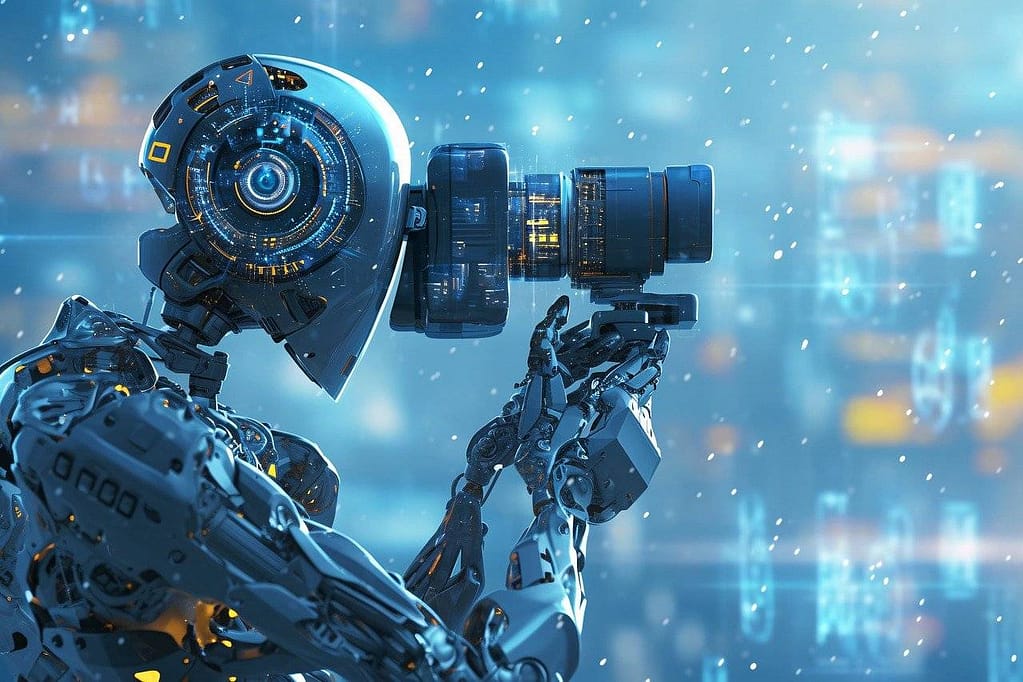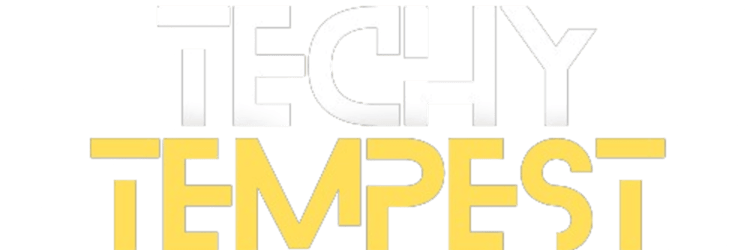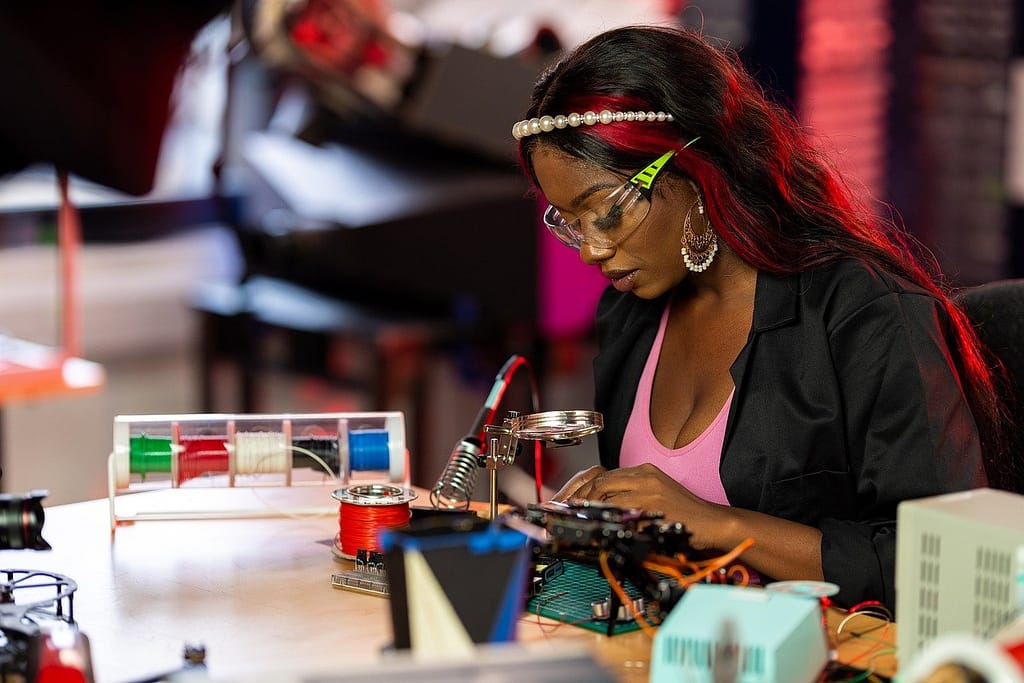The relentless march of digital innovation continues to reshape the landscape of modern society. Technological progress, once measured in decades, now unfolds at an unprecedented pace. From the way we communicate to how we access healthcare, modern technological advancements are fundamentally altering our lives. This article delves into the profound impact of technology on society, exploring its role in communication, healthcare, education, business, and the ethical considerations that accompany digital transformation.

Introduction to Technology
Technology, in its broadest sense, refers to the application of scientific knowledge to solve problems and create new capabilities. The historical evolution of technology is a fascinating narrative of human ingenuity. From the invention of the cutting tool to the development of the internet, each step has propelled us forward, shaping societies and cultures. Early civilizations employed technology for basic needs like agriculture and shelter. The Industrial Revolution ushered in an era of mass production, forever altering the way we live and work. Today, we stand at the precipice of a new technological revolution, driven by advancements in artificial intelligence, robotics, and biotechnology.
In today’s world, technology is woven into the very fabric of everyday life. We rely on it for communication, entertainment, education, and countless other activities. The role of technology in everyday life is undeniable. Smartphones connect us instantly, while automation streamlines processes. We navigate with GPS, manage finances with online banking, and shop from the comfort of our homes. Technology enhances our productivity, simplifies tasks, and grants us access to information at our fingertips.
The significance of technological advancements lies in their ability to improve our quality of life. Medical breakthroughs extend lifespans. Educational tools personalize learning, making education more accessible and engaging. Technological innovations continue to push the boundaries of what’s possible, driving progress across all sectors. Consider the impact of:
- Space exploration: Satellites provide critical communication infrastructure and GPS navigation. Space exploration deepens our understanding of the universe and pushes the boundaries of scientific discovery.
- Transportation: Electric vehicles offer a sustainable alternative to traditional gas-powered cars, and autonomous vehicles promise to revolutionize transportation entirely.
- Manufacturing: Robotics and automation streamline production processes, while 3D printing allows for the creation of complex objects on-demand.
Impact of Technology on Communication
Communication is the cornerstone of human interaction, and technology has revolutionized it. The transformation of communication has been dramatic. Instant messaging apps like WhatsApp and Telegram allow real-time global conversations, while video conferencing platforms like Zoom bridge geographical distances. Social media platforms like Facebook and Twitter have fostered new avenues for connection, creating online communities and fostering collaboration.

The influence of social media and networking on communication is undeniable. These platforms have democratized information sharing and enabled instant connection. We can connect with friends and family across the globe, share ideas, and engage in discussions on a massive scale. However, concerns regarding echo chambers, misinformation, and online privacy remain prevalent. Social media algorithms can create filter bubbles, exposing users primarily to information that reinforces their existing beliefs. The spread of misinformation on social media platforms can have a significant impact on public opinion and decision-making.
Technology’s Influence on Healthcare
The healthcare industry is experiencing a significant transformation driven by digital innovations in healthcare. Telemedicine allows remote consultations with doctors and specialists, improving access to healthcare for those in remote areas or with limited mobility. Electronic health records (EHRs) streamline patient data management, enhancing care coordination and reducing medical errors. Wearable health trackers monitor vital signs and activity levels, allowing individuals to take a more proactive approach to their health. AI-powered diagnostics are revolutionizing preventative healthcare and disease management by analyzing medical data to identify potential health risks and personalize treatment plans.
Remote healthcare services are a cornerstone of digital transformation in healthcare. These services, made possible by advancements in telecommunication, allow patients to receive consultations and even undergo certain procedures from the comfort of their homes. This not only improves accessibility but also reduces healthcare costs by eliminating the need for travel and in-person visits.
Technology’s Impact on Education
The education sector is also undergoing a significant transformation driven by digital technologies. Online learning platforms offer flexible and accessible educational opportunities for individuals of all ages and backgrounds. Educational apps and games can personalize learning, catering to different learning styles and paces. Virtual reality (VR) and augmented reality (AR) technologies have the potential to revolutionize classroom experiences, allowing students to immerse themselves in historical events, explore distant locations, and interact with complex concepts in a more engaging way.
Digital tools can be powerful resources for educators. Learning management systems (LMS) streamline course administration and student communication. Online collaboration tools facilitate group projects and discussions. Technology can also bridge the gap between students and teachers, enabling more personalized feedback and support.
However, the digital divide remains a challenge in education. Not all students have equal access to technology or reliable internet connections. This can exacerbate existing educational inequalities and hinder the potential of technology in education.

Technology’s Role in Business and the Workplace
The impact of technology extends far beyond communication, healthcare, and education. It is fundamentally transforming the way businesses operate and how we work. Here are some key aspects of this transformation:
- Automation: Repetitive tasks are increasingly being automated by robots and AI systems, freeing up human workers to focus on more complex and creative endeavors.
- Cloud computing: Cloud-based technologies provide businesses with on-demand access to computing resources, eliminating the need for expensive hardware and software infrastructure. This fosters scalability and collaboration.
- E-commerce: The rise of e-commerce has revolutionized retail, allowing businesses to reach a global audience and consumers to shop from the comfort of their homes.
- Data analytics: Businesses are leveraging big data analytics to gain insights into customer behavior, optimize operations, and make data-driven decisions.
- Remote work: Technological advancements have facilitated the rise of remote work arrangements, allowing employees to work from anywhere with an internet connection. This fosters flexibility and work-life balance for employees and allows businesses to tap into a wider talent pool.
However, the increasing automation of jobs raises concerns about job displacement and the need for workforce retraining. Businesses need to adapt their strategies to ensure that technology complements the human workforce rather than replaces it.
Ethical and Social Implications of Technology
The rapid pace of technological progress necessitates a critical examination of its ethical and social implications. Privacy and security concerns are paramount in a world where our personal data is increasingly digitized. Cybersecurity threats require constant vigilance, and data privacy regulations are crucial to safeguard individuals’ information.
The social impact of technology is multifaceted. Social media use can lead to feelings of isolation and anxiety, particularly among young people. The constant barrage of notifications and the pressure to curate a perfect online persona can negatively impact mental health. Automation displaces jobs in certain sectors, leading to unemployment and economic hardship.
However, technology can also be a powerful tool for social good. Social media platforms can facilitate education, promote social justice movements, and foster global collaboration. Educational technologies can democratize access to learning and empower individuals. Technological advancements in agriculture can optimize food production and resource management, tackling global hunger challenges.

The Future of Technology
As we look towards the horizon, several emerging technological trends hold immense promise:
- Artificial intelligence (AI): AI has the potential to automate complex tasks, revolutionize industries, and even assist with scientific discovery. AI-powered systems can analyze vast amounts of data to identify patterns and trends, leading to breakthroughs in fields like medicine, materials science, and climate change research.
- The Internet of Things (IoT): The IoT refers to the interconnection of everyday objects with the internet. This allows for the collection and sharing of data, enabling the creation of smart homes, smart cities, and even smart factories. The IoT has the potential to streamline processes, optimize resource use, and improve our quality of life.
- Blockchain technology: Blockchain is a distributed ledger technology that offers secure and transparent record-keeping. It has the potential to revolutionize various sectors, including finance, supply chain management, and voting systems.
- Biotechnology: Advancements in biotechnology hold immense promise for the future of healthcare. Gene editing technologies like CRISPR have the potential to cure genetic diseases and revolutionize personalized medicine.
Sustainable technological innovations are crucial for addressing global challenges like climate change. Renewable energy technologies like solar and wind power offer clean and sustainable alternatives to fossil fuels. Energy-efficient appliances and smart grids can optimize energy use. Technological advancements in agriculture can lead to the development of drought-resistant crops and more efficient irrigation systems.
Conclusion: A Symbiotic Relationship
Technology and society exist in a symbiotic relationship, each influencing the other. Digital transformation presents both opportunities and challenges. By embracing responsible innovation and addressing ethical concerns, we can harness the power of technology to create a better future for all. As we move forward, fostering digital literacy and promoting responsible technology use will be vital in navigating the ever-evolving technological landscape. We must ensure that technology serves humanity and contributes to a more sustainable, equitable, and prosperous future.





Pingback: Unleashing the Power of Cloud Computing:Exploring the Latest Innovations - Techy Tempest
Pingback: AI Everywhere: Artificial Intelligence in the real world - Techy Tempest